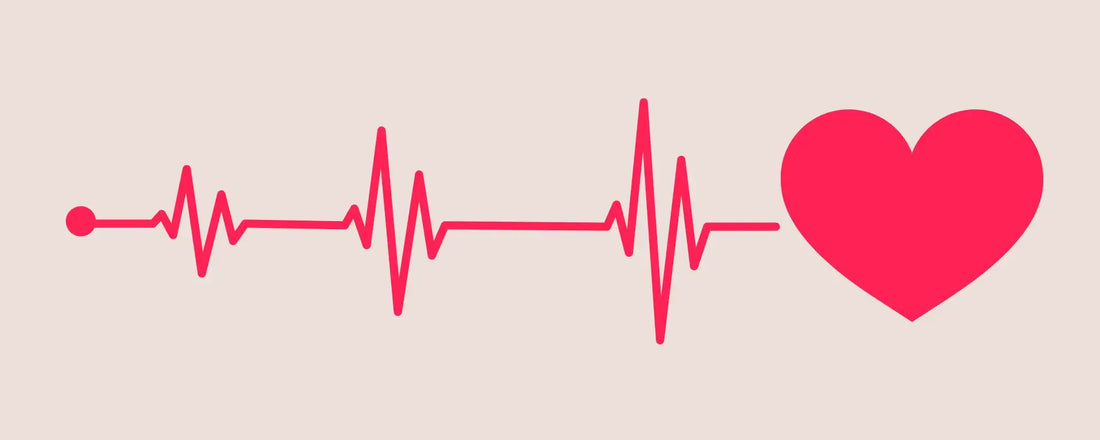
What's HRV - your body's silent signal for Stress & Recovery
Your heart has more to say than just how fast it beats. It sends a hidden signal called Heart Rate Variability (HRV)—the subtle beat-to-beat changes that reveal your body’s response to stress, recovery, and mental resilience.
In today’s digital wellness era, tracking your HRV is easier than ever with the JupiterCore Smart Ring—the first smart ring with local support in Malaysia. More than just a wellness gadget, it helps you track sleep, monitor your heart rate, understand your stress levels, and optimize recovery—giving you real-time insights into your overall health and emotional balance.
💓 What Really Is HRV?
Heart Rate Variability (HRV) is the natural variation in time between each heartbeat. If your heart were a metronome—beating at the exact same interval—it would actually be a sign of stress, fatigue, or poor nervous system flexibility.
A healthy heart doesn’t beat evenly. It adjusts constantly in response to your environment, emotions, and internal state.
That variation is controlled by your autonomic nervous system (ANS)—which balances the two sides of your stress response:
- The sympathetic nervous system (“fight or flight”) speeds things up when you need to act.
- The parasympathetic nervous system (“rest and digest”) slows things down for recovery.
When these two systems are in balance, you’re resilient and adaptable. That’s when HRV is higher, which is typically a good sign. When you’re overwhelmed or overstimulated, HRV drops, signaling stress, fatigue, or inflammation.
🌱 Why HRV Matters More Than Just Heart Rate
Unlike heart rate, which is a snapshot of your physical state, HRV reflects your body’s adaptability. It’s your real-time report card for how well your nervous system is coping with daily life.
For example:
- You might have a low resting heart rate but low HRV after a poor night’s sleep—showing your body is still under stress.
- On the other hand, a high HRV could indicate that your body is recovered, calm, and ready for focus or performance.
Think of it as a “stress thermometer” that changes throughout the day based on hydration, sleep quality, emotional state, exercise, and even the food you eat.
📱 The Smart Way to Track HRV: JupiterCore Smart Ring
So how do you actually track HRV?
Devices like the JupiterCore Smart Ring make it effortless. Unlike one-time measurements at the clinic, smart rings capture your HRV continuously—especially while you sleep, when your body is in its most stable state.
Over time, the JupiterCore Smart Ring:
- Shows your daily HRV trends
- Helps identify what habits help or harm your nervous system
- Alerts you to early signs of stress, overtraining, or poor recovery
- Provides sleep and readiness scores powered by your HRV data
You don’t need to be a scientist. Just wear it, sync the app, and start seeing patterns in your recovery, energy, and mental clarity.
🎯 Why HRV Could Be the Key to Better Focus, Sleep, and Resilience
If you constantly feel tired, anxious, or emotionally drained—but can’t figure out why—your HRV might hold the answer. It’s one of the first things to change when your body is under pressure, even before symptoms show up.
That’s why HRV is becoming a core metric for mental health, burnout prevention, and even productivity optimization.
Your heart has always been speaking. With HRV, now you can finally listen.
🎯 Learn more about how JupiterCore Smart Ring helps you track your HRV and recovery.










